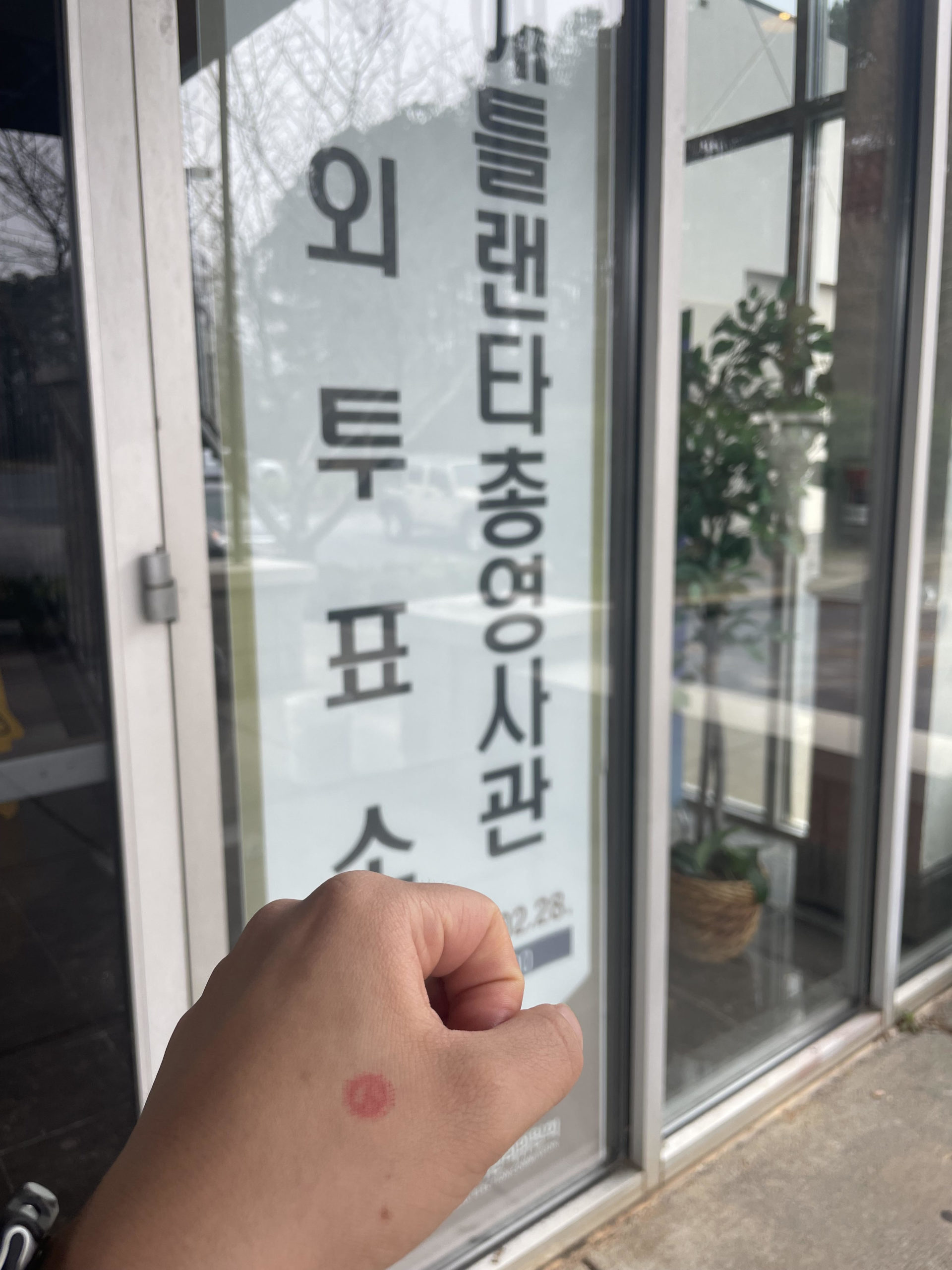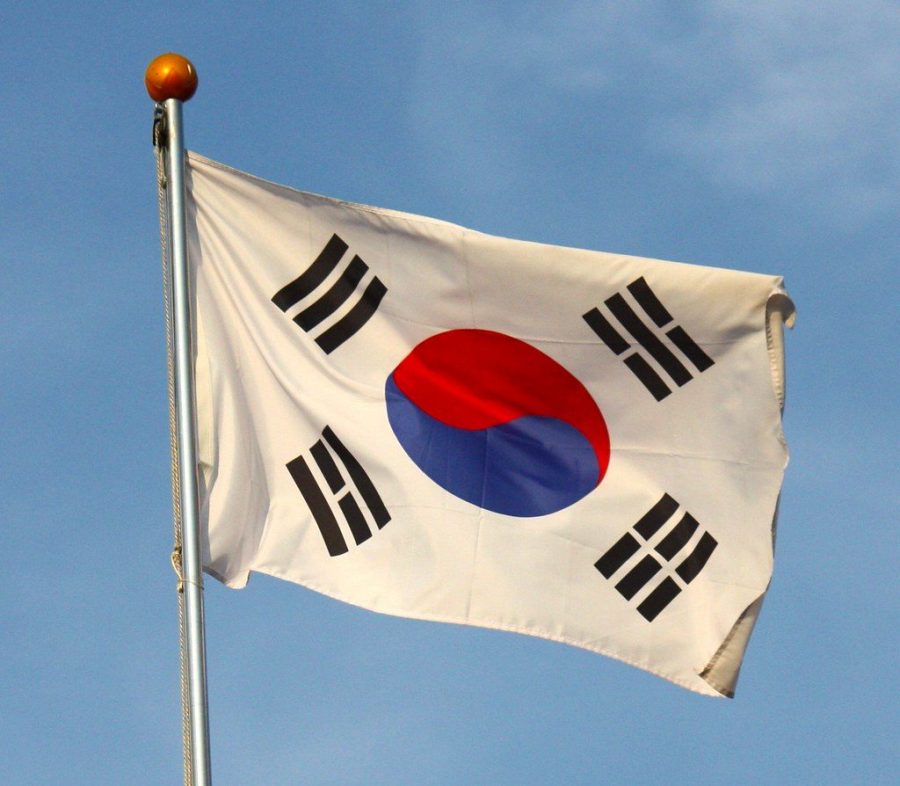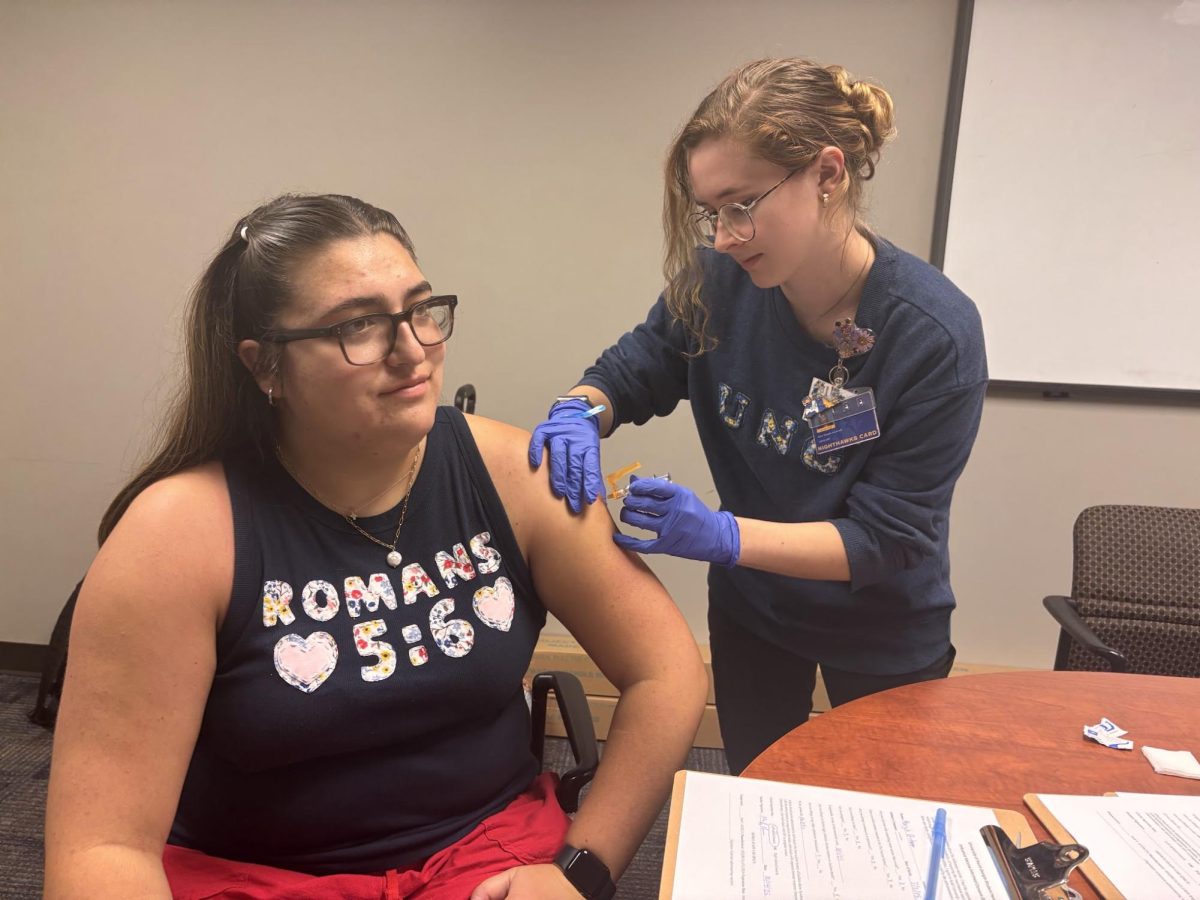“I didn’t know that there is a presidential election going on in Korea,” said Mia Libosada, a freshman international affairs major at the University of North Georgia.
Many students at UNG might not be aware of the upcoming presidential election in South Korea. South Korea will hold its twentieth presidential election on March 9. Libosada added, “But I do know who the leader is and how he or she thinks this will affect the interaction with other countries and foreign policies.” The result of the election will significantly impact the United States and its policies.
The Vanguard met with Dr. Laurel Wei, an Assistant Professor in the Department of Political Science & International Affairs at the UNG Dahlonega Campus, to hear her thoughts about South Korea’s presidential election. Dr. Wei’s areas of research focus on the international relations of East Asia, Chinese foreign policy, East Asian international political economy, and politics on the Korean Peninsula.

“South Korea has been described as the linchpin of the U.S. alliances in the Indo-Pacific region,” says Dr. Wei. She explains that South Korea has its own strategic importance and that, therefore, Korea’s stance on foreign policy can directly affect the United States. She thinks the future of East Asia and U.S. relations depends on the result of the upcoming presidential election in South Korea.
The race between two leading candidates, Jae-myung Lee of the ruling progressive Democratic Party and Seok-youl Yoon of the opposition conservative People Power Party, is the main issue in this election. “South Korea’s liberals and conservatives both support the ROK-US alliance, but have different approaches,” says Dr. Wei. Generally, liberals promote “independent and autonomous” national defense policies, whereas conservatives focus on national security issues and want to “upgrade the ROK-US alliance.”
To that extent, Dr. Wei predicts that when the conservative candidate Yoon takes office, he is “likely to deter China, viewing it as a threat.” She says, “We might be able to see an improvement in the ROK-US alliance, and it will be possible that China-ROK relations will experience downturns.” On the other hand, when the liberal candidate Lee takes office, he is likely to adopt a “combined approach,” maintaining cooperation with China and North Korea. She added, “Lee would not necessarily downgrade the importance of the alliance but consider North Korea and China as important partners.”
“In my opinion, a conservative leader will be a better fit for the U.S. government,” says Dr. Wei. She explains that it is because the U.S. can seek further development of the ROK-US alliance, as both countries “have common interests to upgrade the alliance as a comprehensive partnership.”
In addition, the conservative party is taking advantage of the war between Russia and Ukraine. “The ongoing conflict made South Koreans focus more on their home security interests and led them to reevaluate the security threat from North Korea and China,” says Dr. Wei. In fact, South Korea’s civil society organizations have protested against the Russian invasion and aggression towards Ukraine. This shows that the public’s feelings of national security and threat among international society will possibly affect the votes in South Korea.
The decision of the South Koreans will be revealed on March 9, and the future relations in the Indo-Pacific region might experience a huge shift due to the outcome of the election. Americans should pay attention to the result of the election, as it matters not only to South Korea but also to its strongest ally, the United States.



























